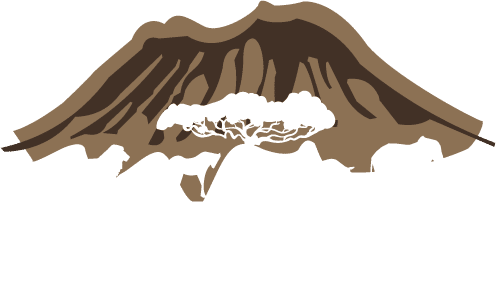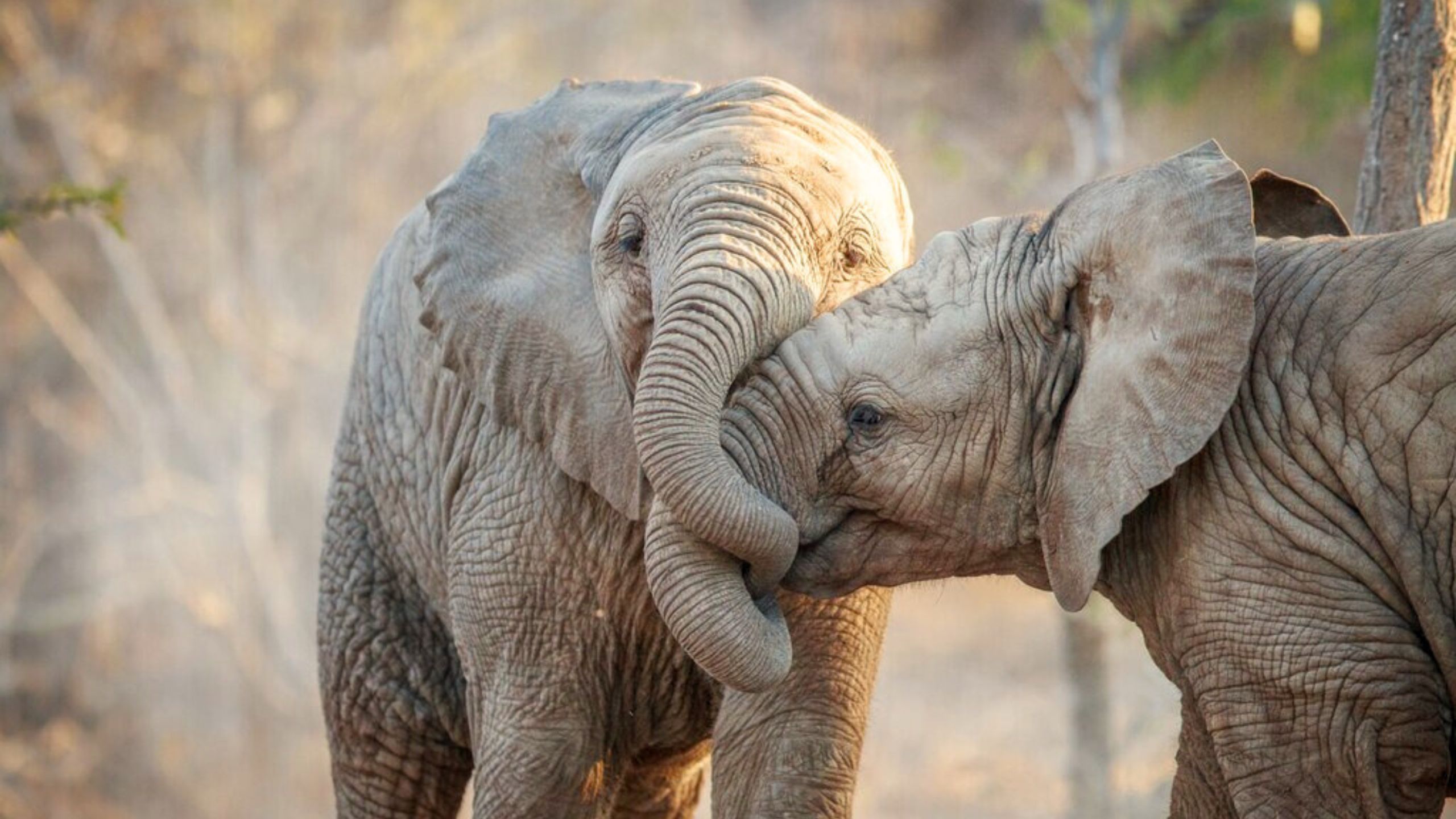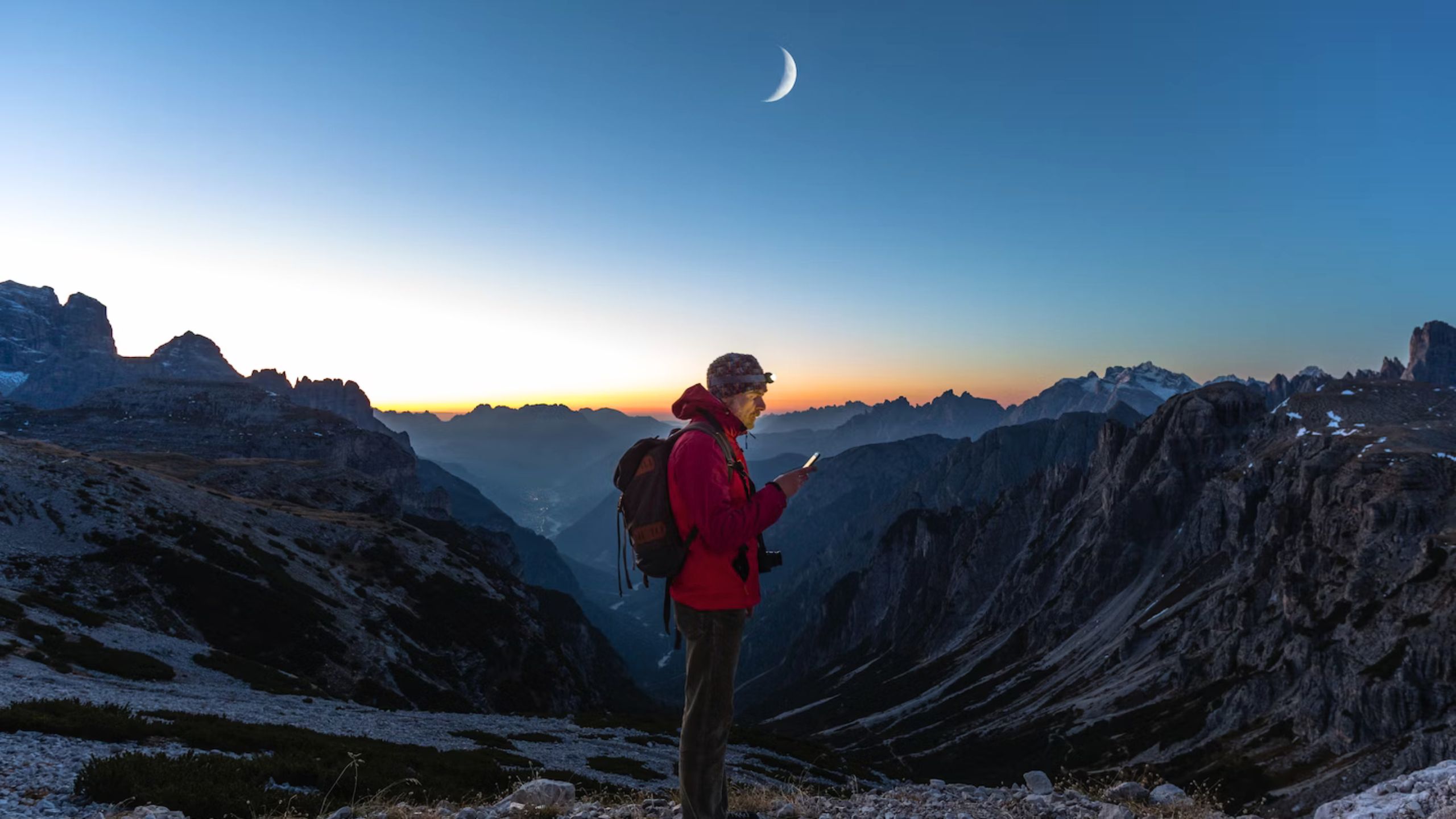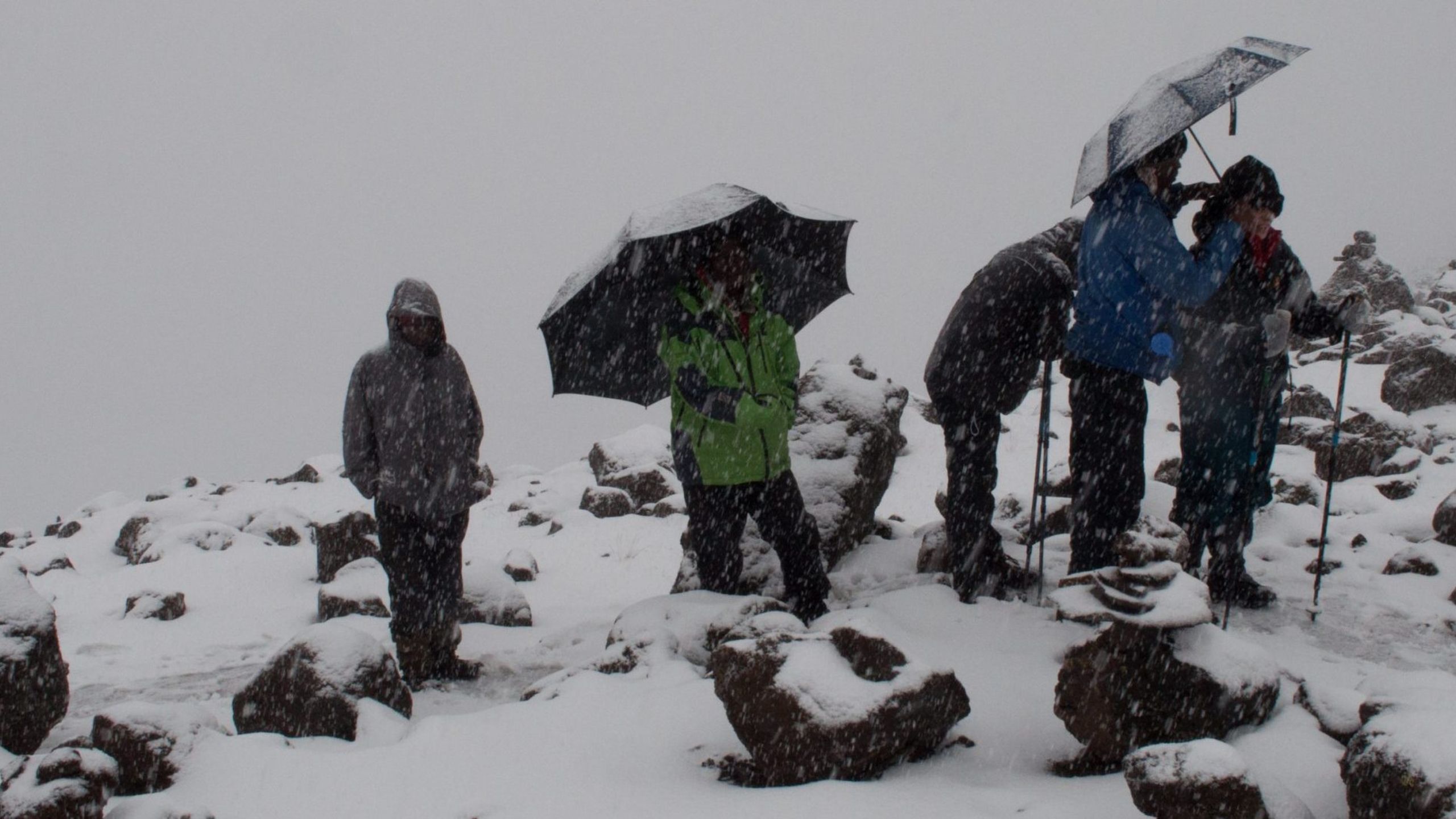Kruger National Park Safari South Africa, is one of the most renowned and diverse wildlife reserves in the world. Spanning an immense area of approximately 19,485 square kilometers (7,523 square miles), the park is a treasure trove of biodiversity, captivating landscapes, and rich cultural heritage. This comprehensive guide will provide you with a wealth of information about Kruger National Park, including its history, geography, wildlife, conservation efforts, tourism activities, and more.
Kruger National Park, established in 1898, is one of the oldest and largest national parks in Africa, named after former South African President Paul Kruger.
It lies in the northeastern corner of South Africa, bordering Zimbabwe and Mozambique, and is part of the Great Limpopo Transfrontier Park, a conservation area that spans three countries.
Geography and Climate:
▪️ Kruger National Park encompasses a vast and varied landscape, including savannahs, woodlands, riverine forests, and granite kopjes.
▪️ The park is intersected by several rivers, such as the Sabie, Crocodile, and Olifants rivers, providing crucial water sources for wildlife.
▪️ Its topography ranges from flat plains in the south to rugged terrain in the north, offering diverse habitats for a wide array of flora and fauna.
▪️ Kruger National Park experiences a subtropical climate, characterized by hot summers with occasional rainfall and mild winters.
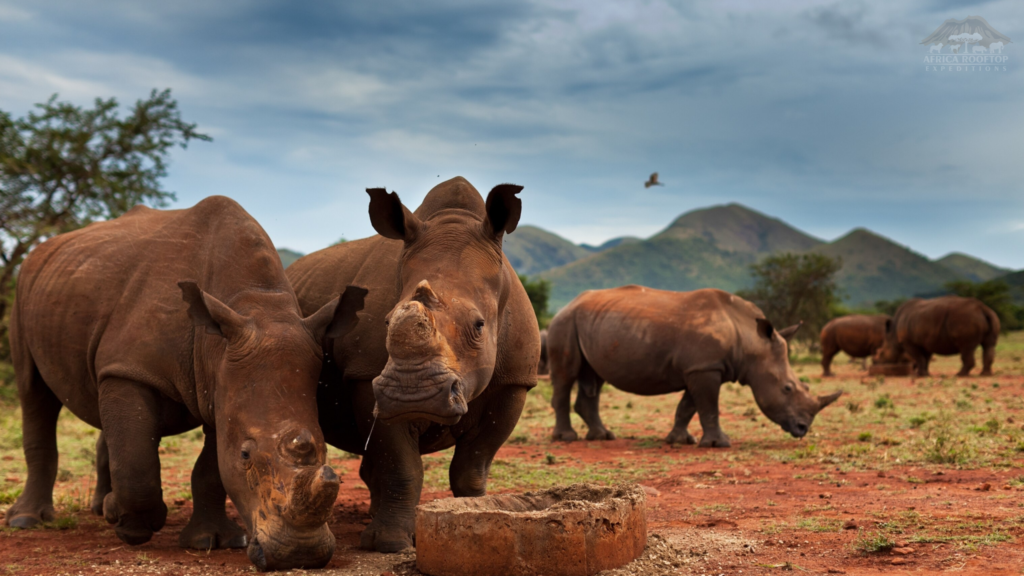
Wildlife:
🐘 The park boasts an extraordinary array of wildlife, including the iconic “Big Five” – African elephants, lions, leopards, Cape buffalos, and rhinoceros (both black and white).
🐅 Other notable species found in Kruger include cheetahs, hyenas, wild dogs, giraffes, zebras, hippos, crocodiles, and numerous antelope species.
🐦 It is also a bird lover’s paradise, with over 500 recorded bird species, including the majestic African fish eagle and vibrant lilac-breasted roller.
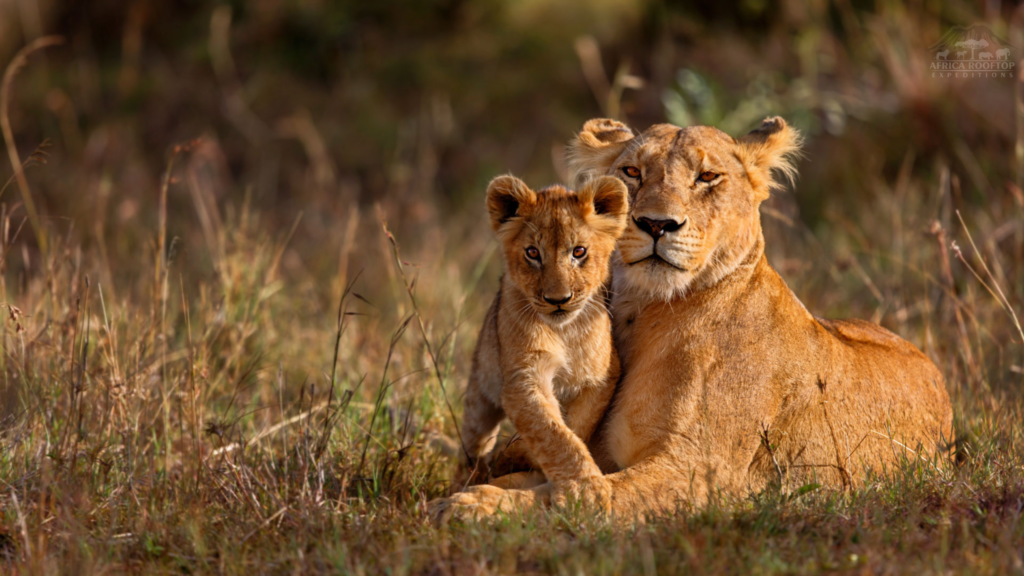
Conservation and Research:
▪️ Kruger National Park plays a pivotal role in wildlife conservation, scientific research, and community engagement.
▪️ Conservation efforts focus on protecting endangered species, mitigating human-wildlife conflict, combating poaching, and preserving fragile ecosystems.
▪️ The park collaborates with local communities, educational institutions, and conservation organizations to foster sustainable practices and raise awareness about the importance of preserving biodiversity.
Tourism Activities:
▪️ Safari drives are the highlight of any visit to Kruger National Park, offering an opportunity to observe wildlife in their natural habitat.
▪️ Guided bushwalks provide a more intimate experience, allowing visitors to explore the park on foot while learning about its flora and fauna.
▪️ Birdwatching, photography safaris, and self-drive options are also popular among visitors, providing flexibility and the chance to spot wildlife at one’s own pace.
▪️ The park offers a range of accommodation options, including rest camps, luxury lodges, and private game reserves, catering to different budgets and preferences.
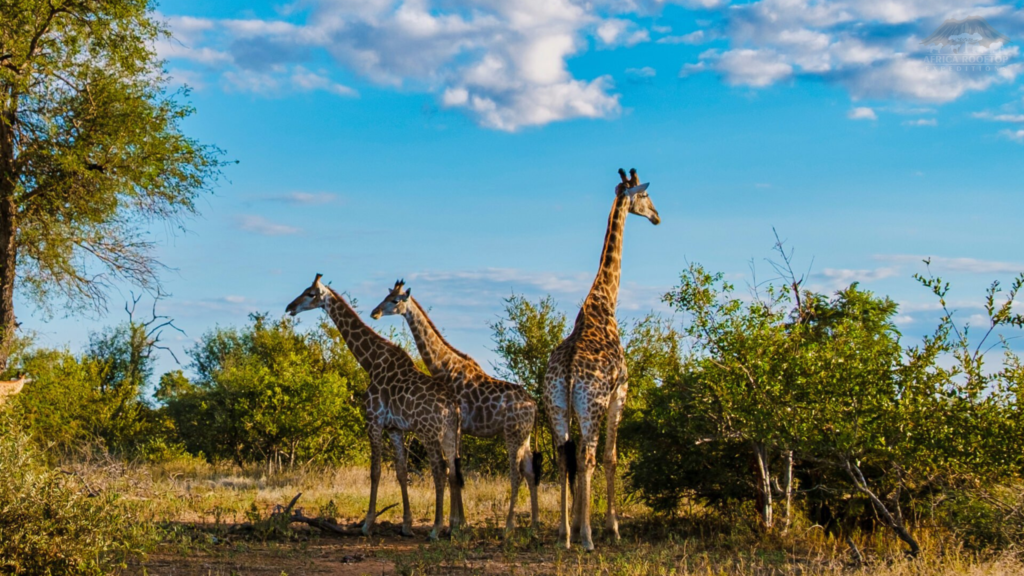
Cultural Heritage:
▪️ Kruger National Park is home to the Shangaan people, who have lived in the region for centuries and maintain a strong connection with the land and wildlife.
▪️ Cultural experiences, such as village visits and cultural performances, allow visitors to engage with the local community and gain insights into their traditions and way of life.
Accessibility and Conservation Challenges:
▪️ Kruger National Park is accessible by road, with multiple entrance gates located in different regions.
▪️ The park has several airstrips for those opting for air travel, with flights available from major cities in South Africa.
▪️ Conservation challenges faced by the park include habitat fragmentation, poaching, illegal wildlife trade, and the impact of climate change. Efforts are continuously made to address these issues through rigorous conservation measures and public awareness campaigns.
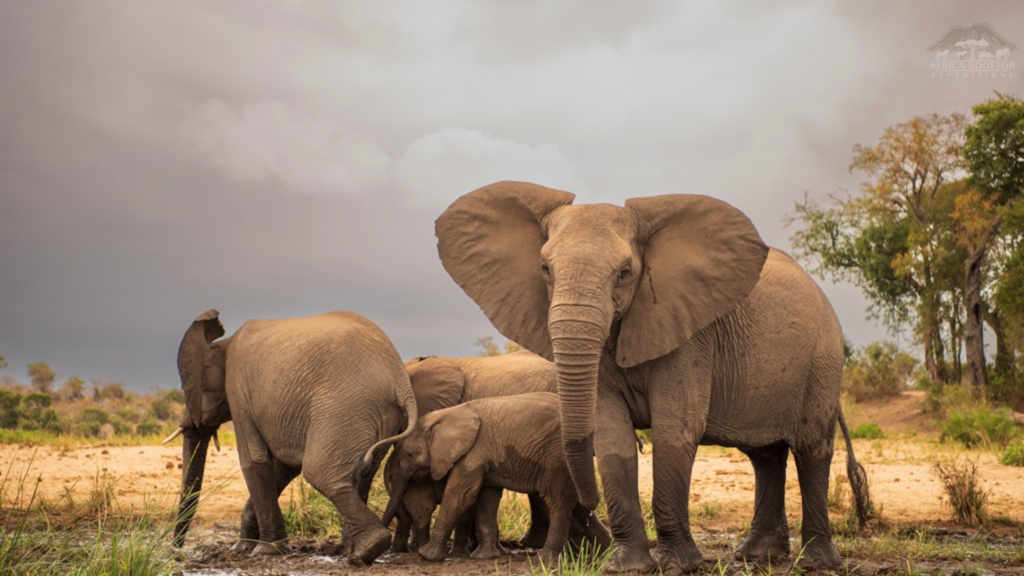
Best Time to Visit:
▪️ The dry season, from May to September, is generally considered the best time to visit Kruger National Park, as the vegetation is sparse, making it easier to spot wildlife near water sources. However, each season offers its own unique experiences, and the park is captivating year-round.
Kruger National Park stands as a testament to South Africa’s commitment to wildlife conservation and ecotourism. Its vast landscapes, abundant wildlife, and conservation initiatives make it a must-visit destination for nature enthusiasts and safari lovers. Immerse yourself in the wonders of the African wilderness and create lifelong memories in the remarkable Kruger National Park.
🌍 Unleash Your Adventurous Spirit on an African Safari! 🐘🦁
Ready for a thrilling escape? Dive into the mesmerizing world of African safaris and discover untamed landscapes teeming with exotic wildlife. Click here : Go2AfricaRoofTop to embark on an unforgettable journey where lions roar and elephants trumpet, where giraffes gracefully roam and cheetahs sprint across the golden plains. 📸🌿
Experience heart-pounding moments as you witness predators on the prowl and marvel at the grace of herbivores in their natural habitat. Immerse yourself in the rich tapestry of sights and sounds, from golden sunsets casting a warm glow to the symphony of wildlife echoing through the savannah. 🌅🦒
This is your chance to capture captivating photographs and create memories that will last a lifetime. Don’t miss out on the adventure of a lifetime. Click here : Go2AfricaRoofTop to start planning your African safari today! 🗺️✈️🦁
